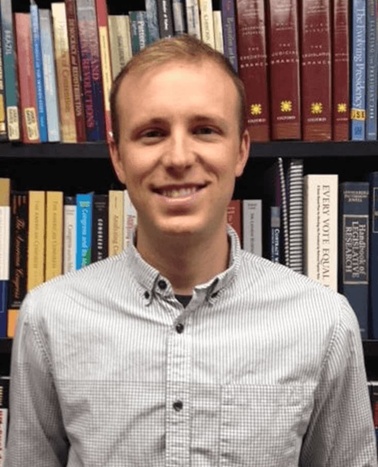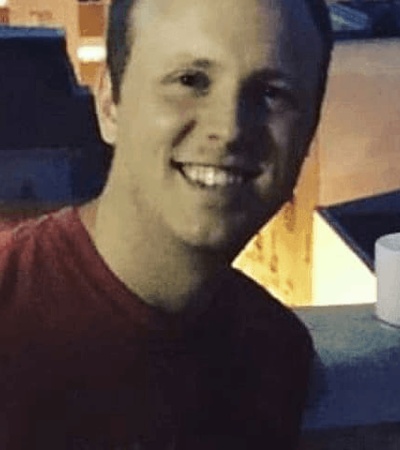
D.J. Flynn
My name is D.J. Flynn, and I'm an assistant professor in IE's School of Global and Public Affairs. My research and teaching focus on public opinion, political communication, and quantitative methods. Most of this work seeks to understand the causes and consequences of misperceptions about politics and public health. I've always been fascinated by why people hold the beliefs that they do, and how these beliefs change — or don't change — in the face of new information
I first came to Spain in 2009 through an undergraduate study abroad program and was quickly enamored. After finishing undergraduate studies, I returned in 2011 and worked in Valencia for a few months before returning to the U.S. for graduate school. In the back of my head, I always knew I wanted to return to Spain, but I realized that this was unlikely given the unpredictability of the academic job market. After finishing my postdoc at Dartmouth, I was thrilled to see a faculty opening at IE University. It was my top choice from the moment I applied, and I was thrilled to move back to Spain in 2018.
"Set clear goals and organize your life around achieving them. It’s okay if you don’t know exactly what kind of career you want after university, you can still set intermediate goals. Once you’ve achieved that goal, move on to the next one. You’ll be impressed by how much you can achieve in your brief time at IE University if you manage your goals this way."
Setting goals with professor D.J. Flynn
Originally from the Washington, DC area, D.J. has also lived in Florida, Illinois, New Hampshire, and Valencia (Spain), where he enjoyed the chance to work and study at a range of different type of schools. Before coming IE University in 2018, he did his undergraduate studies at Florida State University in the U.S.; later on in 2011, he was a PhD student at Northwestern University in Chicago, IL and a researcher until 2016 at Dartmouth College in Hanover, NH.
Being a full time professor at IE University, one of the most exciting aspects of teaching for D.J. is the tremendous diversity of the student body. He often has classes of 25-30 students from 20 or more nationalities, which increases the quality of class discussions and allows him to test the limits of theories and arguments that purport to explain how politics works in the real world.
D.J. tries to develop general skills that will serve his students well in a range of academic and professional settings after IE University. All his classes are based heavily on research that uses data to test theories about politics. He likes to encourage his students to boil long, sometimes challenging articles down to their core elements: What are the authors arguing? How do they test this argument? Is their test valid? Do the results imply what the authors suggest? D.J. believes that structuring his classes this way helps students change how they look at the world. Once the students get acquainted with this way of thinking, he is confident it will help them critique arguments about a range of topics they´ll encounter after leaving IE University.
Universities are exciting places full of thoughtful, interesting people. For many students, their college years will be the only time in their life they are surrounded by experts on so many important topics, from politics to humanities to business to data science and beyond. D.J. encourages students to develop relationships with their professors and actively seek out opportunities to become involved in their work. He recommends students to develop relationships with at least one professor each semester (e.g., attend office hours, ask questions about the material, ask to get involved with their research). He explains that by the time their final year rolls around, they´ll have an important slate of contacts who can help them with their final project and advise them about careers or graduate schools.
Also, setting clear goals and organizing your life around achieving them is key to be successful for D.J. He explains if students don´t know exactly what kind of career they want after IE University, it is valid to set intermediate goals (like learning more about a particular topic or developing a certain skill). Once you have achieved that goal, move on to the next one. Students will be impressed by how much they can achieve in their brief time at IE University if they manage their goals this way.
D.J.´s favorite thing about being a professor is getting to know his students´ stories and interests. His least favorite aspect is grading. Outside of school, D.J. loves traveling, exploring different neighborhoods in Madrid, running, and playing golf. He is also a coffee lover!
Check out in detail D.J. Flynn's academic and corporate experience


